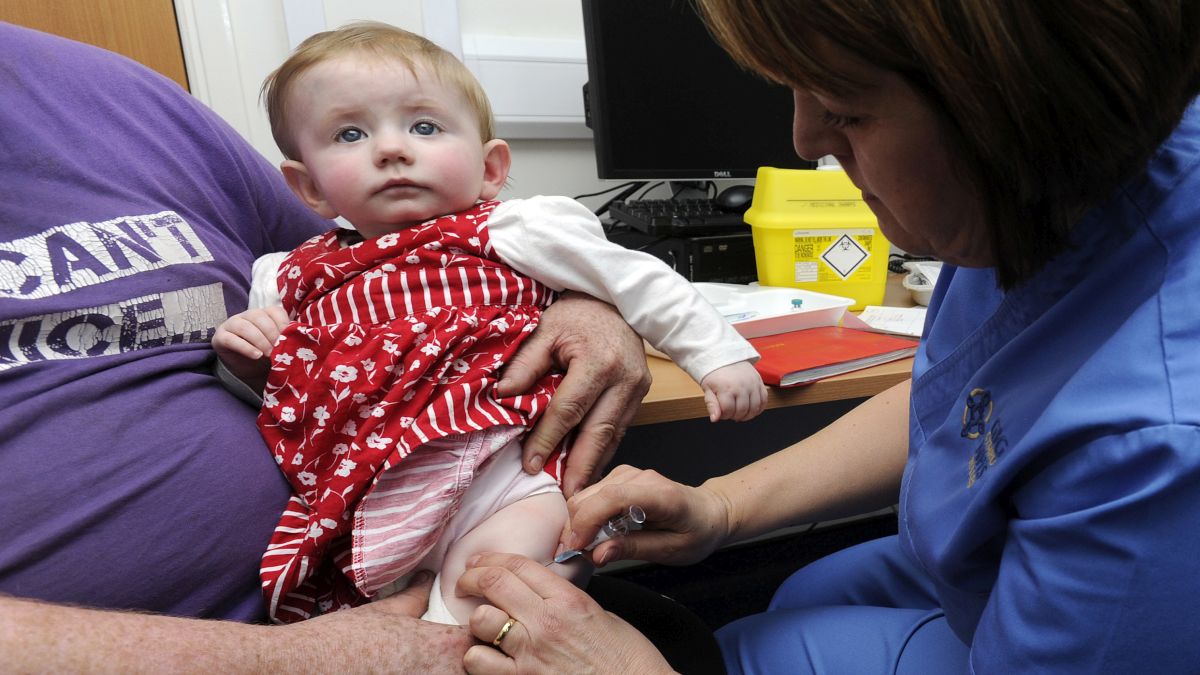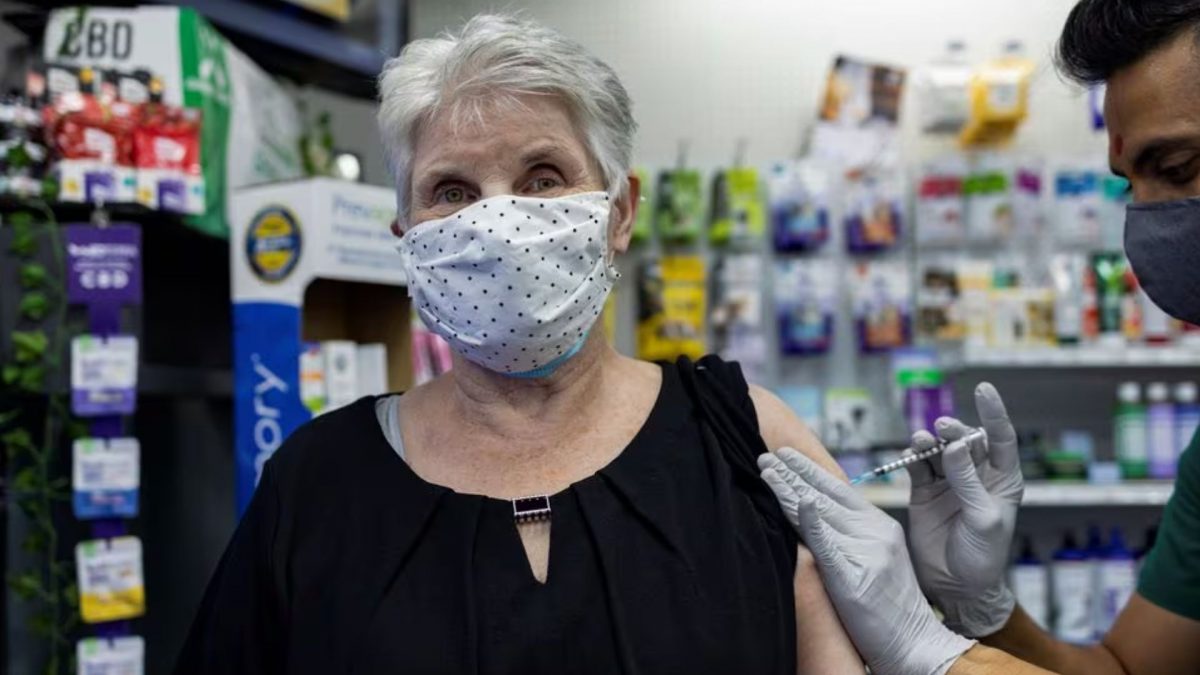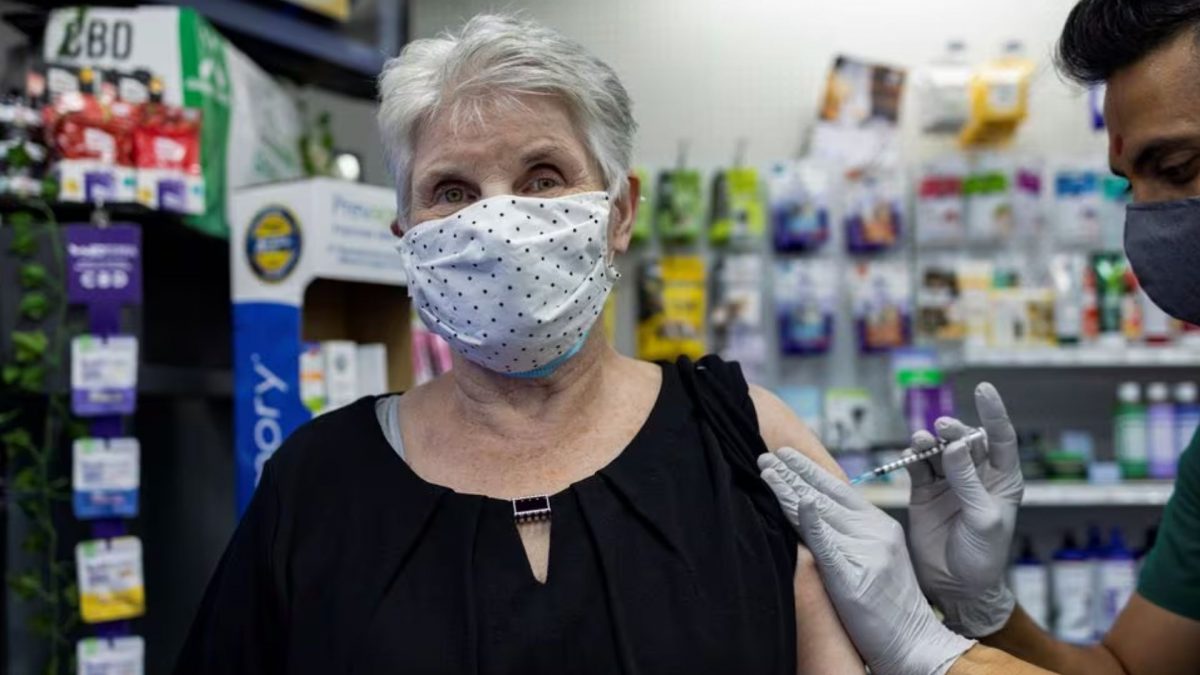A wide range of symptoms, from anosmia to brain fog , are now ssociated with COVID-19.
The fact that SARS-CoV-2 can cause increased levels of inflammatory biomarkers, trigger a cytokine storm and lead to multiorgan failure and death in severe cases is very well known now.
In severe cases, where the patients do recover, long-term fatigue , damage to the heart and brain and other issues may also show up.
The exact immunological processes that lead to these diverse outcomes due to severe COVID-19 are continuously being studied by scientists to create better management and care protocols for the patients.
The findings of a new study, published in Nature Immunology on 7 October 2020, may help further in devising appropriate immunomodulatory therapies for patients with severe COVID-19.
Understanding B cell response
The study, conducted by scientists based at Emory University’s Woodruff Health Sciences Centre, performed detailed analyses of B-cell responses through a method known as “high-dimensional flow cytometry”. In case you’re wondering what B cells are, they are as vital to your body’s immune response as T cells are.
According to the British Society of Immunology, B cells, and there are many types of B cells, are at the very centre of the adaptive humoral immune system (the aspect of the immune system that involves extracellular fluids like secreted antibodies, proteins and peptides) and are responsible for mediating the production of antigen-specific immunoglobulins (Ig) which are then activated to fight against invasive pathogens. These activated immunoglobulins are more commonly known as antibodies.
The Emory researchers wanted to puzzle out why severe COVID-19 patients who had a large number of such B-cell-mediated antibodies against SARS-CoV-2 still suffered worse outcomes, including death. The high presence of antibodies in such patients, technically, should be associated with faster recovery and less severe outcomes. Emory scientists set out to study the opposite response and the cause behind it.
Similarities between COVID-19 and lupus
The researchers studied cell samples from 10 critically-ill COVID-19 patients admitted to the intensive care unit and compared them to seven patients with mild COVID-19 and 17 healthy people who didn’t have COVID-19.
They found that patients in the critically-ill group, four of whom died due to the infection, had a higher level of antibody-secreting B cells during the early phases of the infection.
The scientists also found that these B cells were being activated along an extrafollicular pathway, quite similar to the way overactivated B cells, especially the DN2 type of B cells, emerge during flare-ups of autoimmune diseases like systemic lupus erythematosus (SLE) or lupus.
In autoimmune disorders like lupus, the overactivation of DN2 B cells causes acute flare-ups with symptoms like fatigue, joint pain, skin rashes and kidney problems. The scientists found that patients with severe COVID-19 displayed many of these hallmarks of extrafollicular B cell responses associated with lupus. The critically-ill COVID-19 patients who survived and recovered from the infection also showed lingering symptoms similar to those experienced by lupus patients during acute flare-ups.
The Emory scientists, therefore, concluded that long-term follow-up of patients with severe COVID-19 should be conducted to see if their lingering symptoms, modulated by overactivated B cells, have other similarities with lupus and other autoimmune disorders: especially if severe COVID-19 patients experience flare-ups similar to those in autoimmune disorders.
They also approve the use of immunomodulatory treatments like dexamethasone to regulate the B cell response and anti-inflammatory drugs to subdue the cytokine storm in patients with severe COVID-19 infection.
For more information, read our article on Use of steroids to treat severe COVID-19 .
Health articles in Firstpost are written by myUpchar.com, India’s first and biggest resource for verified medical information. At myUpchar, researchers and journalists work with doctors to bring you information on all things health.


)




)
)
)
)
)
)
)
)